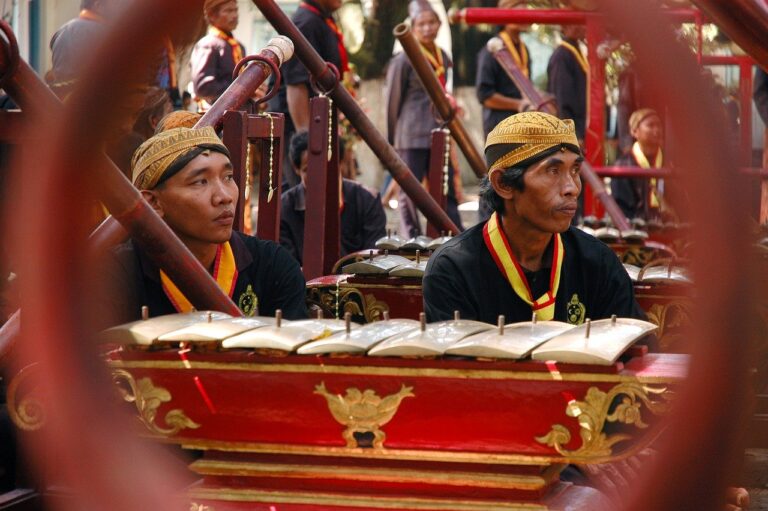If you’ve never ever heard of “children of the moon,” then this beautiful and touching film will teach you whatever you need to understand. While affected with a rare illness that triggers serious disease upon direct exposure to sunlight, three Tunisian women find out to navigate life and live it to the max. In spite of their condition, the females defy all limitations and expectations while chasing their dreams.
History did not alter in between the two TV series. What changed was the political relationship between the two programs. In both cases, the political stance required drama to show the nature of those relations. By that, drama was a functional tool to reveal the general political mood of this or that regime. This is how Arab regimes comprehend “commitment”! In the light of this understanding, the appeals directed to Arab drama makers must be equated alike. They are no more than demands to produce drama that adopts the prevailing political programs’ visions, particularly after the “Arab Spring” revolutions. In سيما لايت , drama was developed into political orientation lectures played by actors to enter every house. Such a function was much better than asking the ruling party’s band secretaries to provide dull speeches to their couple of fans.
All of these funnies suffered one major problem – a lack of humour. Unlike 100 Faces, they had no sophistication, chemistry in between performers, engaging storytelling, and, the majority of vital of all, compound. The laughs were forced, the writing lazy, and the characterisation as thin as a razor blade.
Endless examples of art work reveal how Arab regimes tame art– particularly tv drama– and turn it into a tool for transmitting political messages, mass mobilization, or venting social repression. This trick began decades ago and continues to this day. To put it simply, embracing the political visions and thoughts of the Arab regimes and prevailing them at the cost of drama’s visual values and explaining it as “dedication” is one aspect behind Arab drama’ regression. It is not the other way around. Nowadays such a technique is obsolete for an audience that enjoys having modern-day interactions and social media.
The season showed that the freedoms won in the Arab world – and particularly Egypt, house to MENA’s greatest show business – in the immediate after-effects of the 2011 uprisings are now nothing but a remote memory. Governments have actually extended their control over the content of popular shows, as coverage of the region’s daily realities has ended up being taboo, along with the long-established trinity of sex, faith and political dissent.
If you’ve never heard of “children of the moon,” then this stunning and touching movie will teach you everything you need to know. While affected with an uncommon illness that triggers severe disease upon exposure to sunshine, three Tunisian females learn to browse life and live it to the fullest. In spite of their condition, the females defy all limits and expectations while chasing their dreams.
Ramadan is a time when we reflect on the things that matter. While enjoying tv programs is not what everybody will deem a mode of reflection, there are insights to be gleaned from spending a couple of hours in front of the small screen throughout the holy month. The most apparent is that the current crop of dramas is ending up being progressively stale. With couple of exceptions, the complex morality tales that for a very long time were a trademark of the Ramadan drama, are being changed by cheap thrills.
Subscribe to Updates
Get the latest creative news from FooBar about art, design and business.
